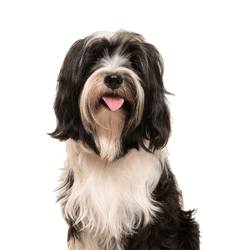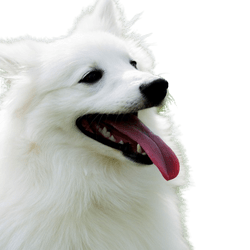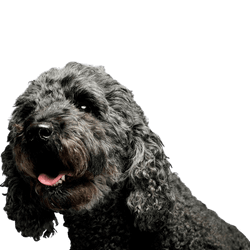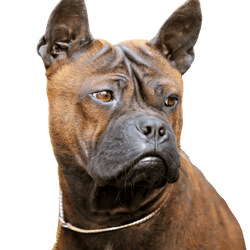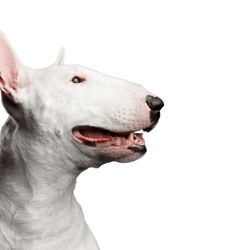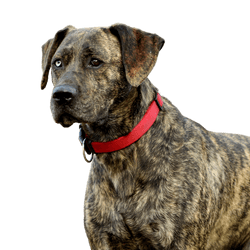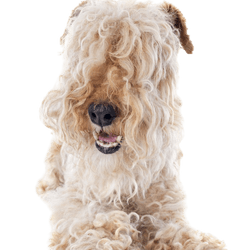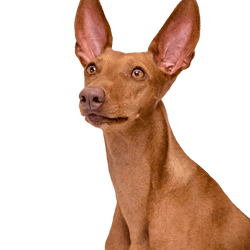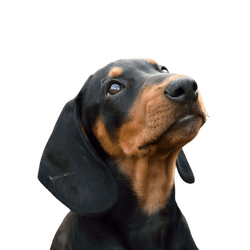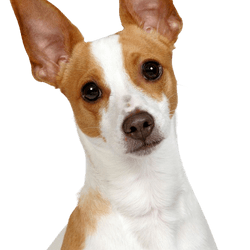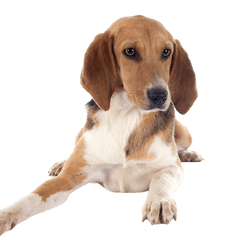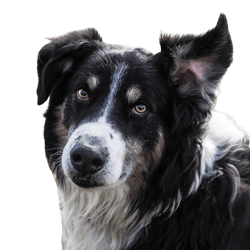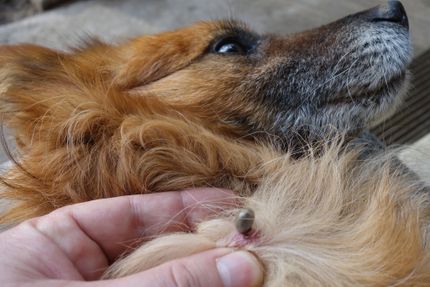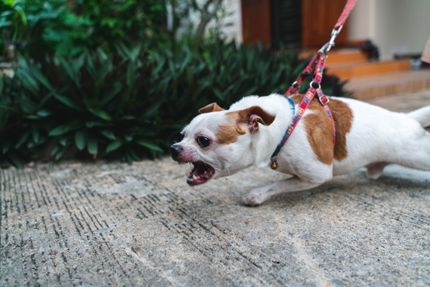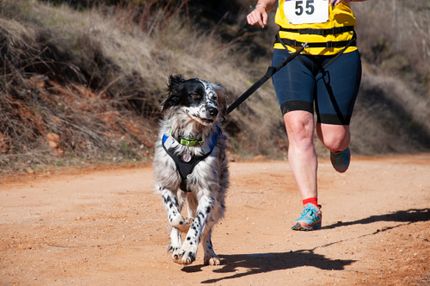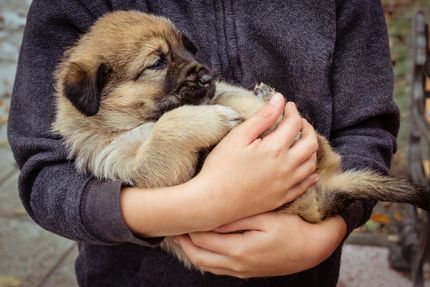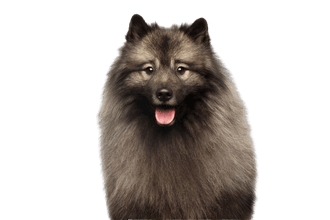
Keeshond Breed description: Character & Co
Keeshond
Facts & Origin
What is the origin of the Keeshond?
In the past, German Spitz breeds were part of many people's lives. They could be found across large parts of the world from Iceland to Japan. Some experts suspect that the breed descended from the peat-dogs, which already lived during the stone age. Proof of this is a bone find at Lake Biel. Illustrations of the ancient Romans and Greeks show animals that look amazingly similar to the Spitz of today. In the further course of history, the Spitz had the task of guarding farms. They also proofed themselves as
- rat- and mouse hunters. As hunting was reserved for the aristocracy and poaching was forbidden by law, the hunting instinct of the Spitz was eliminated through breeding.
- However, they also accompanied traders and guarded carriages and goods.
The Wolfspitz is often mentioned in the same sentence as the Keeshond. It is named after Cornelis "Kees" de Geyzelar, who led the Dutch People's Party and had a Wolfspitz as his companion. In 1781, the breed became the symbol for the patriots' struggle against the Orange Party. Today, however, the term "Keeshond" is not only used for the Wolfspitz, which for the Dutch describes all varieties. Responsible for the breed standard, which has been defined by the international dog association FCI, is the 'Verein für Deutsche Spitze' (Union for German Spitz breeds). It was founded in 1899.
What are the breed characteristics of the Wolfspitz?
Very typical for the Wolfspitz is their off-standing coat and their bushy tail. This is carried over the animals back. Until today it has kept its protective instinct, which makes them suitable as a watchdog. However, the breed has a relatively low stimulus threshold when it comes to hearing noises. Especially when the animal feels bored, it tends to bark.


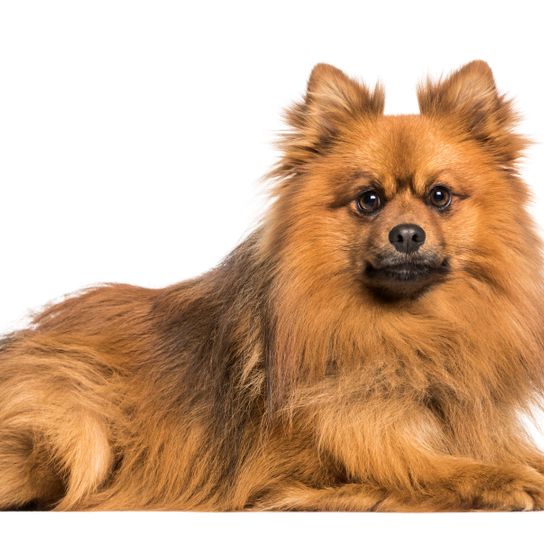
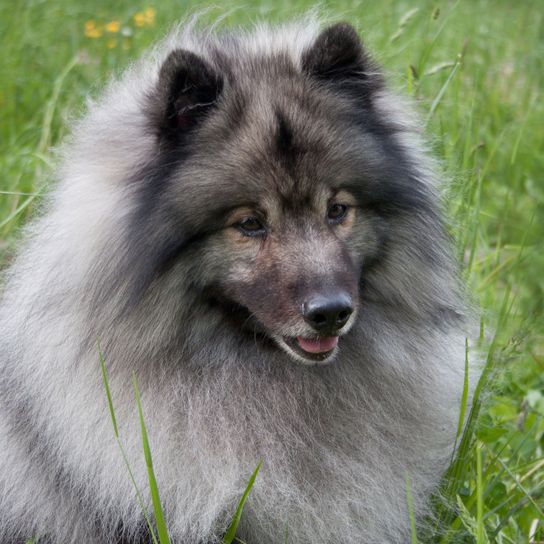
| Alternate Name | Wolfspitz |
| Origin | Germany |
| Life expectancy | 13 - 15 years |
| Care requirements | high-maintenance |
| Activity level | high |
| FCI group | European Spitz |
| AKC group | non-sporting group |
| KC group | utility group |
Attitude, character and temperament of the breed
What are typical characteristics of the Keeshond?
The loyal Keeshond is always trying to please you. Once Keeshond puppies have settled into their new surroundings, they are loyal to their owners. If the relationship of trust is right, it will willingly subordinate. However, it is important that clear rules are in place from the very beginning. With positive reinforcement and affection, the young dog develops into a reliable companion in any situation. The dog is not resentful and is very forgiving if you make mistakes. Since the Wolfspitz is in no way aggressive and hardly shows dominant behaviour, it gets along well with other dogs. If you want to buy a Keeshond you should consider that the animals do not like to be left alone. It might be a good idea to ask in advance if you will me able to take your four-legged friend to work with you. With consistent training it will stay lying down and you you will even be able to take your dog to a restaurant or on holiday with you. In order to ensure that your Wolfspitz remains balanced you have to provide it with a variety of exercise options. It loves to accompany you on hikes or walks in nature. They also like to play with children which is when their good-natured character comes through.
Character
Usage
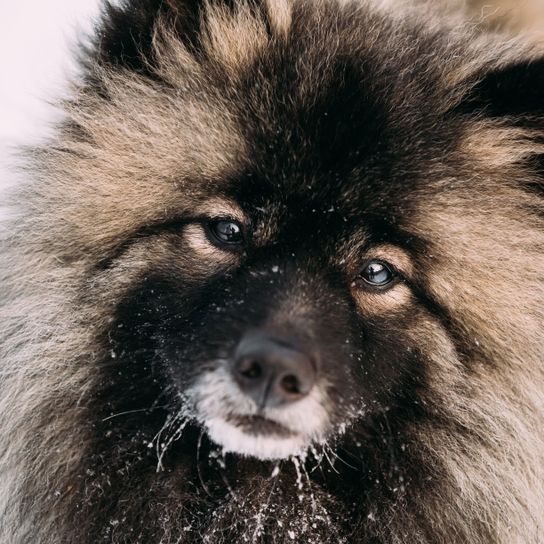
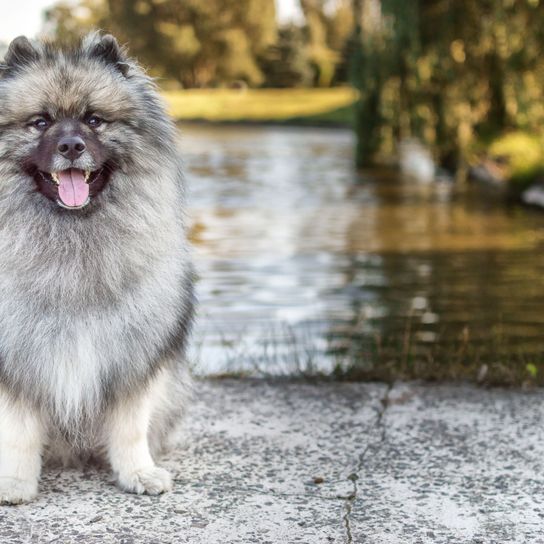
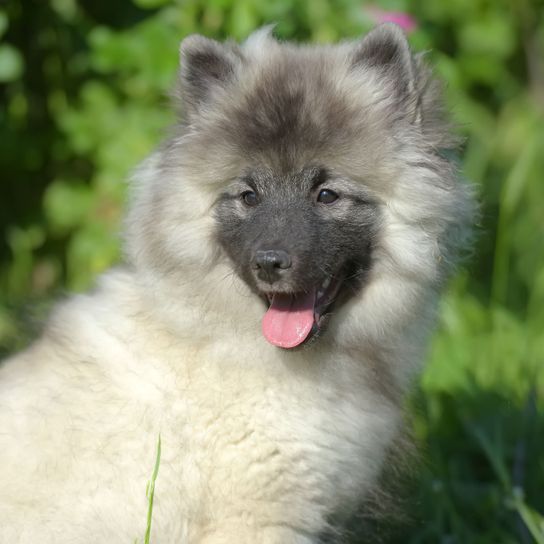
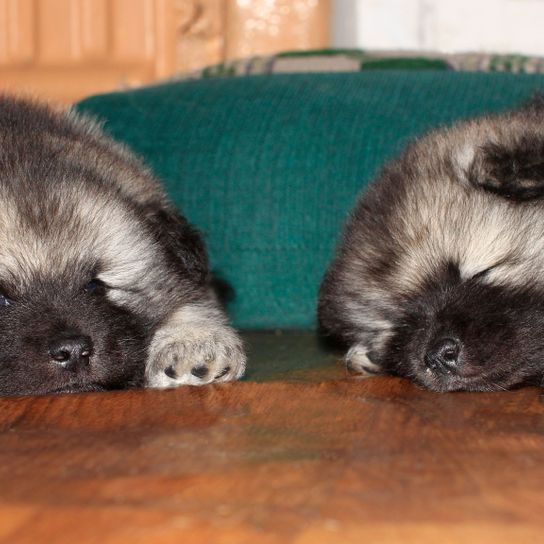

Health and breeding information
What are typical diseases of the Wolfspitz?
In general, the Wolfspitz is considered a very healthy breed. In rare cases the following diseases can be found:
- Hip joint dysplasia: a malformation of the hip joint
- Overactivity of the parathyroid gland, which is called hyerparathyroidosis in technical jargon
What should be considered when breeding the Keeshond?
Because the Keeshond is rare in all of Europe and also in Austria, you may have to wait some time until a puppy becomes available. This will pay off however, because a serious Wolfspitz breeder will tell you interesting facts about the pedigree and in most cases you will have the possibility to get to know the parent animals.


Appearance and coat of the Wolfspitz
The name breed's name already suggests its appearance: with its grey coat your darling resembles a wolf. The medium-long coat has black tips. Their dense undercoat, which is hidden under the top coat, protects them from all kinds of weather conditions. In summer this acts as a sort of air conditioning unit, in winter it becomes a warming coat. Despite its thick mane, the Wolfspitz is relatively easy to groom. It is sufficient to brush it regularly. However, during the change of coat in spring and autumn the animal loses its undercoat. Then you better unpack the brush every day. Typical for the Wolfsspitz is also its pleasant odour: Even when the coat is wet, it does not have an unpleasant scent.
What is the average size of the Keeshond?
As the largest of the Spitz species, the Wolfspitz reaches a shoulder height between 45 and 55 centimetres.
How much does a Wolfspitz weigh?
The Wolfspitz weighs 16 to 25 kilograms.
What is the average life expectancy of a Wolfspitz?
The breed reaches an age of up to 14 years.
| Fur length | long |
| Fur | flat coated |
| Ear shape | Standing Ears |
| Tail | rolled up |
| Anatomy | - |
| Size ♀ | 43 - 46 cm |
| Weight ♀ | 14 - 18 kg |
| Size ♂ | 43 - 46 cm |
| Weight ♂ | 14 - 18 kg |
| Suitable For | Children |
Colors


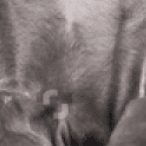
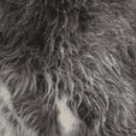



FAQ
-
As the largest of the Spitz species, the Wolfsspitz reaches a shoulder height of between 45 and 55 centimetres.
-
No, the Spitz is considered to be "in need of communication" and barking (he is a watchdog and has to act alert), but this is always due to the upbringing and the frustration tolerance.
-
A Wolfsspitz is the second largest form of the Spitz. It usually has a mottled grey coat and very long hair, a pointed face and prick ears.
-
A Dwarf Spitz is the small form of the Wolfsspitz. This is also called Pomeranian. You can read more about this breed in the breed description of the Pomeranian dog.
Other medium dogs
Useful Articles
You can find articles that might interest you in the dogbible blog to match your favorite breed.
Visit our magazineto stay up to date on dog trends.
To find out more, view our Privacy Policy
Find here the breed that suits you and find out what character traits it has. Here you can also learn more about the origin, size and weight of your favorite breeds.
Matching your favorite breed, you'll find articles that might interest you on the dogbible dog blog.
5 tips for the dog's paws in the cold and snow
How to teach your dog to "stay" 100% - 5 tips
Raw Barf Food for beginners - everything you need to know about feeding dogs naturally
